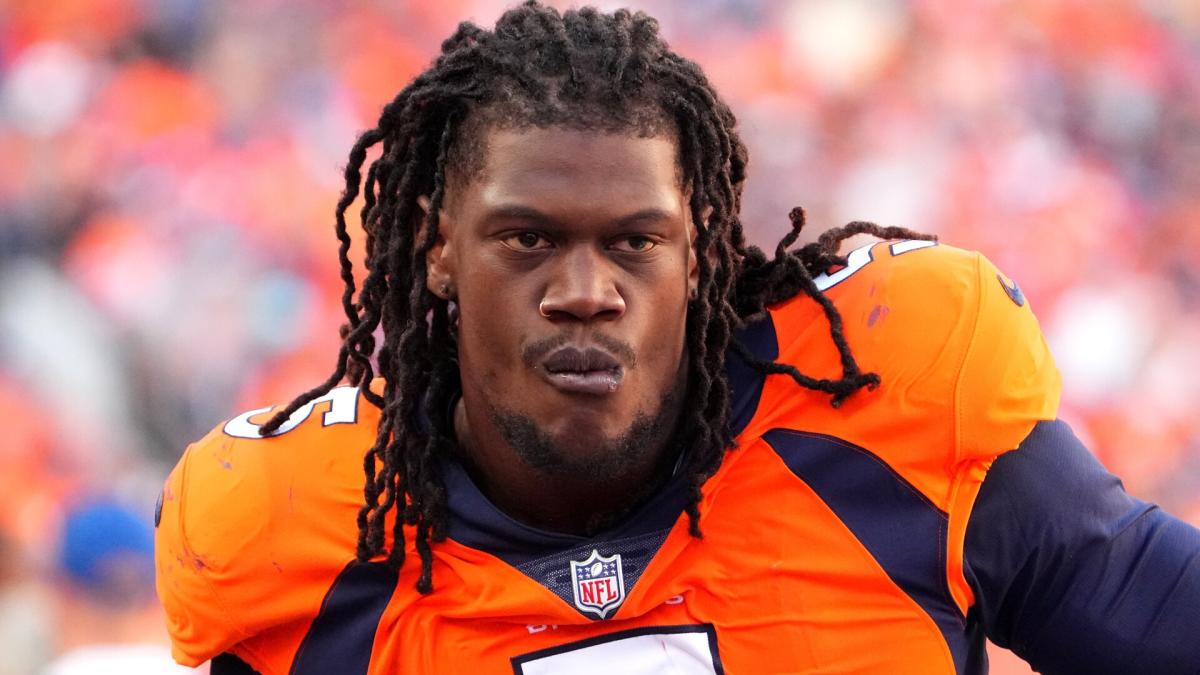Sports
Randy Gregory’s agent says lawsuit has nothing to do with Broncos

Former Broncos defensive end Randy Gregory has sued the NFL and the Broncos, for violating his rights as a person with disabilities under Colorado law. Gregory’s agent insists that the case isn’t about the team.
“This has nothing to do with the Broncos,” Peter Schaffer told Mike Klis of 9News.com. “They have done nothing wrong. This is all about the NFL.’’
The civil complaint says otherwise. The Broncos are a named defendant. Count II of the lawsuit is specifically directed at the Broncos, for violating the Colorado Anti-Discrimination Act.
At paragraph 86, the lawsuit specifically alleges that the Broncos “discriminated against” Gregory in five different ways:
1. “Failing to engage in the interactive process with respect to Mr. Gregory’s request for an accommodation prior to submitting a [therapeutic use exemption].”
2 “Failing to engage in the interactive process with respect to Mr. Gregory’s request for an accommodation after submitting a [therapeutic use exemption].”
3. “Failing to provide a reasonable accommodation to Mr. Gregory in the form of a [therapeutic use exemption], despite the Denver Broncos’ knowledge that Dronabinol was prescribed to treat Mr. Gregory’s disabilities.”
4. “Failing to meaningfully and in good faith communicate with Mr. Gregory concerning his disability and his requested accommodation.”
5. “Denying Mr. Gregory a reasonable accommodation to use Dronabinol based on his disability.”
Yes, the Broncos’ hands were surely tied by league policy. However, the Broncos were Gregory’s employer. The Broncos chose to headquarter the business in Colorado. The Broncos must follow Colorado law.
Even if the Broncos did what they did because the league required them to do it, the Broncos still did it.
Regardless of any formalities or technicalities, this case is really about the NFL’s treatment of its players regarding a substance that is legal in most states where the NFL does business. The league hasn’t folded the tents on cannabis because it’s a matter of collective bargaining. Gregory becomes a pawn in the broader chess match between labor and management, with the league ignoring what’s right in favor of what helps it get more from the union.
Yes, it’s good that players are no longer suspended for marijuana or THC. But why is their compensation taken from them for it? A legal product, legally used, should not create any employment sanction.
Then there’s the issue of disability and accommodations. As Schaffer said, “What this is all about is a player’s right — not just a player’s right but a citizen’s right — to take the medicine that a doctor has prescribed for him. This is about a player’s right to treat his disability at the direction of his treating physician.”
This litigation puts the NFL on shaky ground for two reasons. One, marijuana is legal in Colorado for all purposes. Two, Gregory needed it for medical purposes. Legal or not, it’s a bad look.
The NFL likes to say “football is family.” Situations like that make it impossible to regard that as anything other than the P.R. slogan it has always been.




